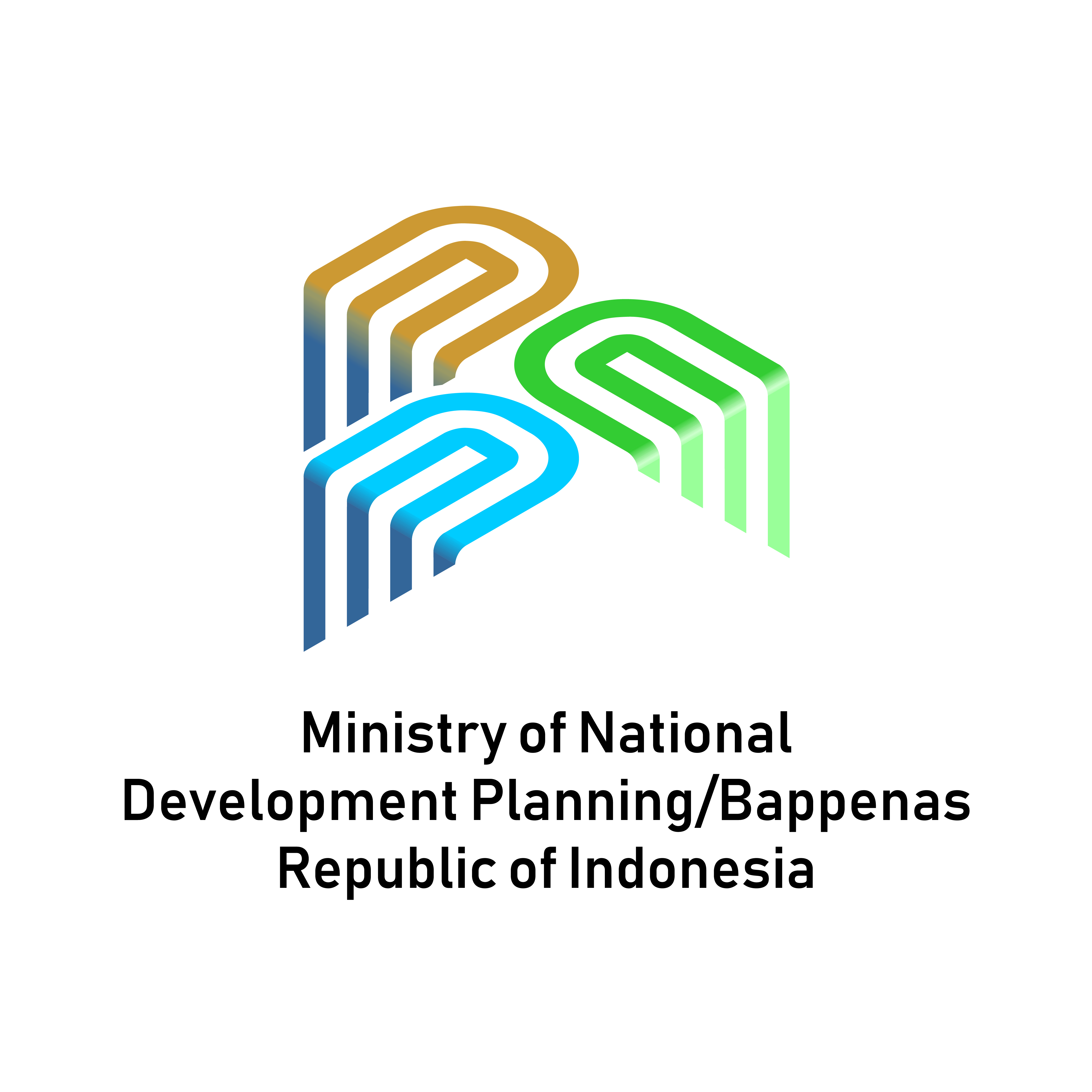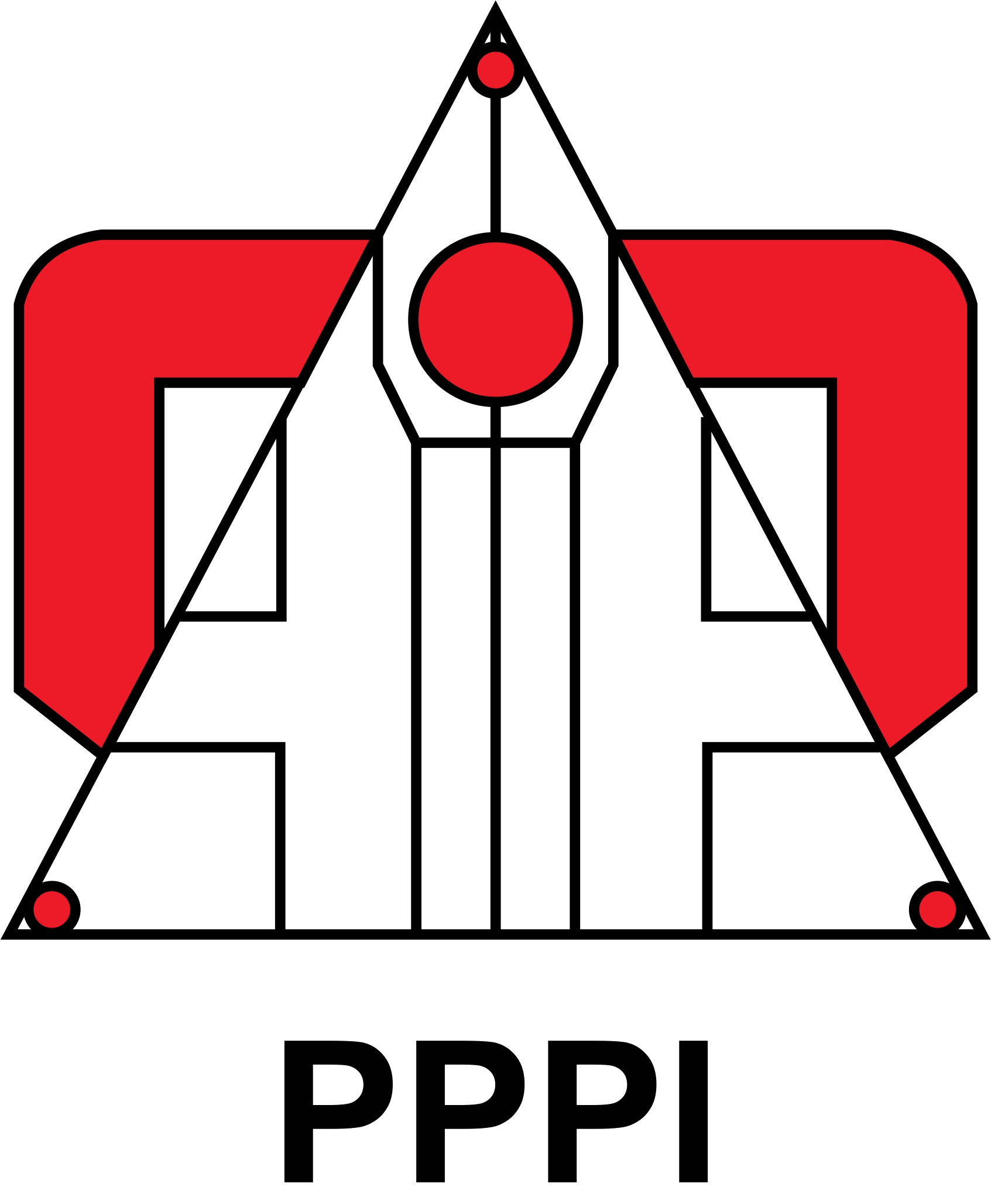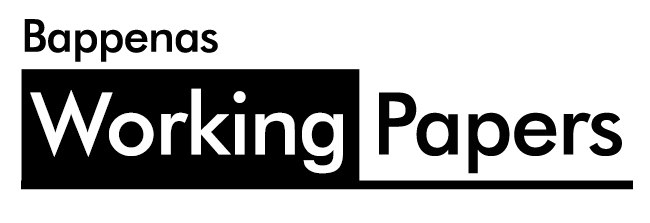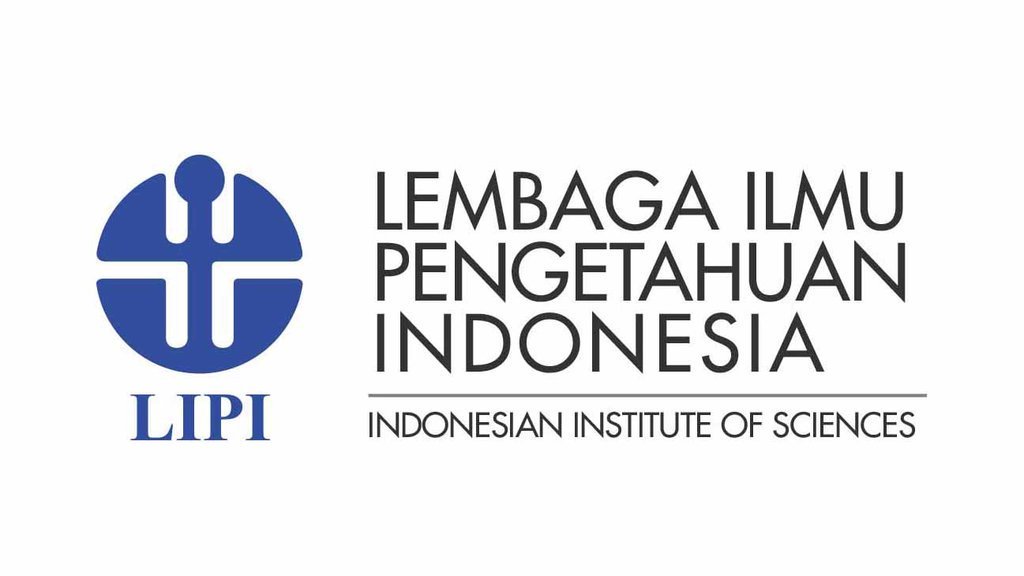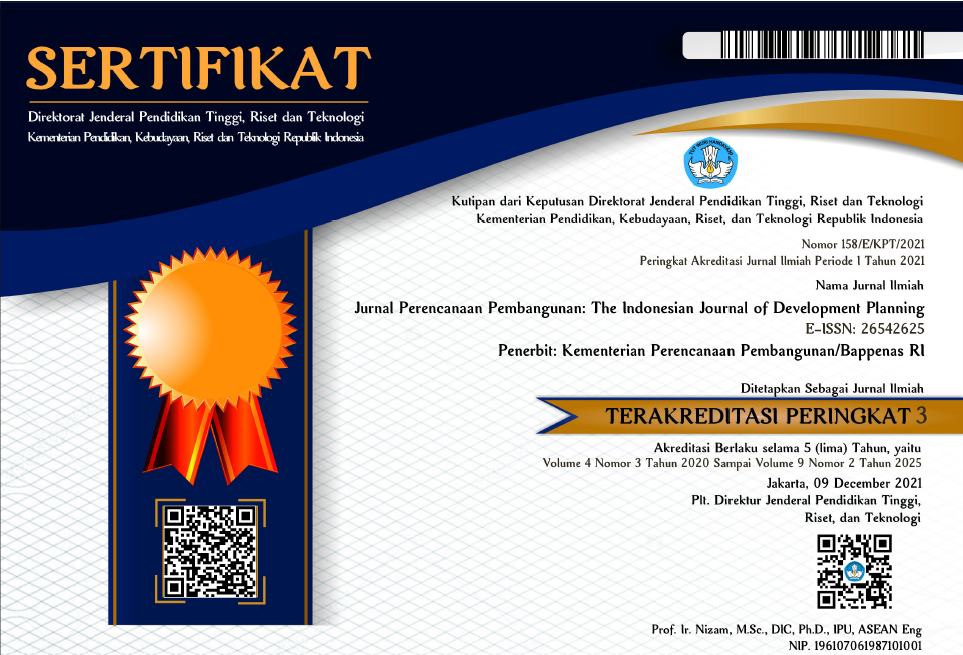Indonesian Health System Performance Assessment: The Association between Health Insurance Expansion with Health Status and Health Care Access
DOI:
https://doi.org/10.36574/jpp.v4i3.134Keywords:
Control Knob Framework, inequity, social health insurance, Indonesia, jaminan kesehatan nasional (JKN)Abstract
This paper analyzes health outcomes and inequality in Indonesia, and the links to intermediate factors and inputs. Between 1997-2015, the country's health performance indicators had improved and became more equal. This achievement could potentially be correlated with improvement in health care access, which might be a result of the Indonesian government's policy to expand health insurance coverage, mainly to the most impoverished population. By 2020, the Indonesian government operates national social health insurance, the Jaminan Kesehatan Nasional (JKN), which covers about 83% of the country's population, including the poor and vulnerable. This paper uses the Control Knob Framework and focuses on the health insurance expansion as the financing knob adjustment conducted by the government. The analysis starts with the improvement of health status indicators and tracks back its association with health care access and health insurance coverage expansion. This paper finds that health status improvement in Indonesia between 1997-2015 was correlated with health care access increase. The decline in the infant mortality rate (IMR) and the under-five mortality rate (U5MR) between 1997-2015 were associated with an increase in health care utilization, including the use of trained birth attendants and diphtheria-pertussis-tetanus (DPT) immunization. This paper then observes a strong correlation between the expansion of health care access and health insurance coverage. In terms of equality, the article sees a weaker, but evident, correlation between health insurance equalization across different population groups with more equitable health care access and health outcomes. The findings of this paper justify the effectiveness of the financing knob (expanding and equalizing health insurance coverage) in increasing access to care (outpatient and inpatient care, trained birth attendants, immunization) and improving health status (IMR and U5MR). This study is among the firsts to utilize Control Knob Framework as an analytical tool for health insurance assessment. The study recommends the government to combine health insurance expansion with other progressive policy, such as financial support to poor patients to cover the non-medical expenses of attending health care, to optimize the effectiveness of the interventions.
Downloads
Downloads
Published
How to Cite
Issue
Section
License
This is an open-access article distributed under the terms of the Creative Commons Attribution-NonCommercial-ShareAlike 4.0 International License. Copyright © Kementerian PPN/Bappenas RI



